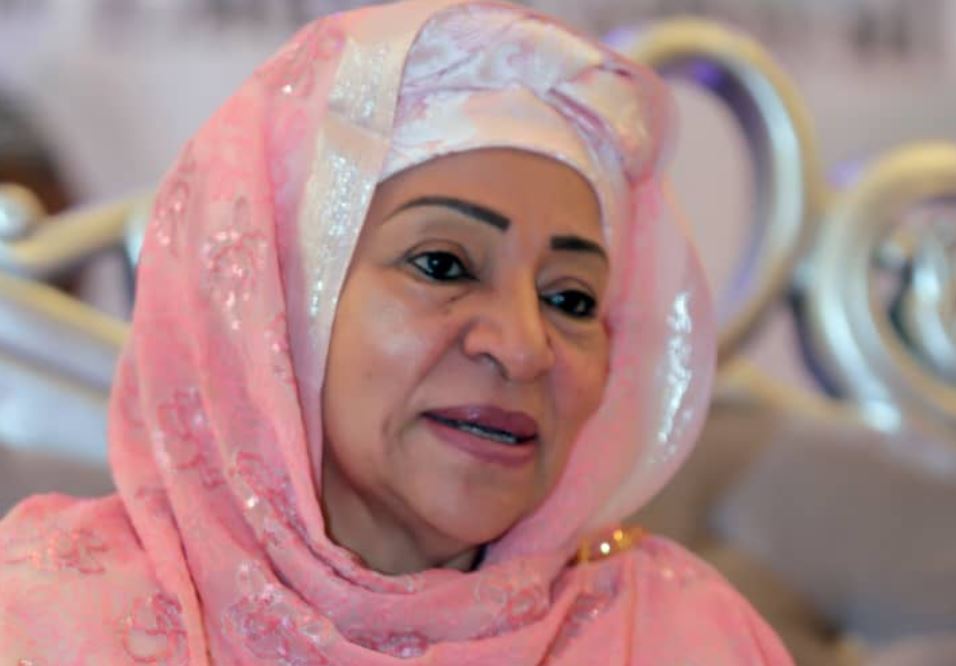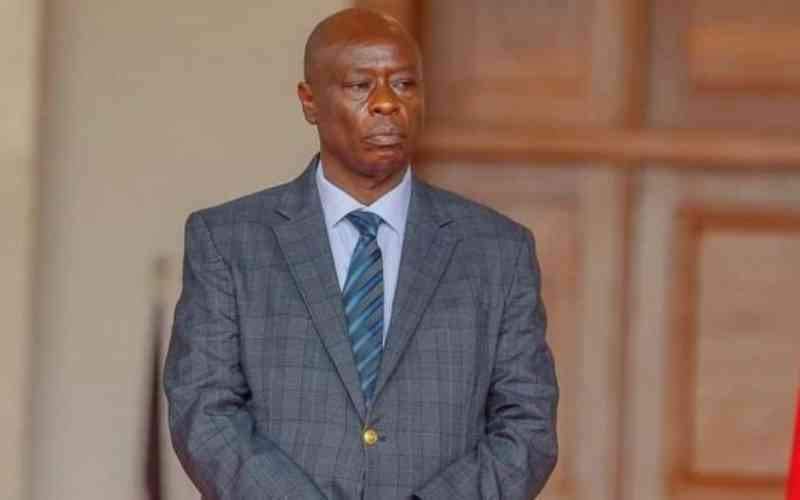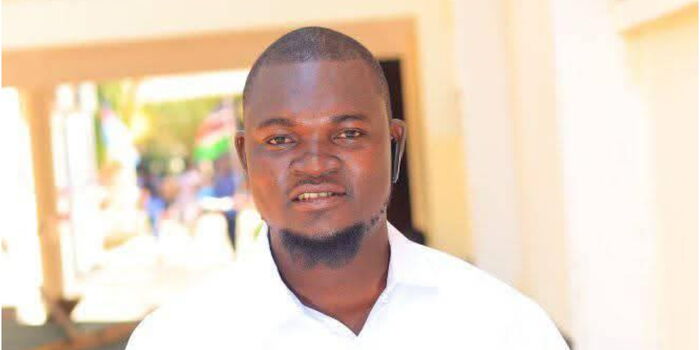ICJ Kenya demands answers after digital influencer Albert Ojwang dies in police custody

The International Commission of Jurists Kenya on Monday demanded urgent investigations into the death of Albert Ojwang, a teacher and digital influencer who died in police custody after being arrested over a social media post critical of the government.
Ojwang was taken from Kakot, Homa Bay, and transported nearly 350 kilometres to Nairobi, where he was held at Central Police Station.
He died the following day, reportedly from head injuries.
Police claimed he inflicted the injuries by hitting a wall inside his cell. He was later pronounced dead in the hospital.
“This version of the events is not only implausible but also unacceptable,” said Protas Saende, chairperson of ICJ Kenya.
ICJ Kenya said Ojwang’s arrest and death were a breach of multiple constitutional rights, including the right to life and dignity under Article 26 and Article 29(3), as well as the right to be presented in court within 24 hours as required by Article 50(1).
“The State assumed total responsibility for his safety the moment he was arrested,” said Saende.
The group questioned why Ojwang was transferred to Nairobi instead of being held in Homa Bay, and criticised what it called a revival of “Kamata Kamata Fridays” — the pattern of arrests made before weekends or holidays that delay court appearances.
They called for a full and independent investigation by the Independent Policing Oversight Authority and the Kenya National Commission on Human Rights.
ICJ noted the findings must be disclosed publicly, including post-mortem results, detention records and witness statements.
They also urged Parliament to operationalise the Coroners Service Act, 2017, which mandates independent investigations and public inquests into suspicious deaths.
“The continued dormancy of this law is an abdication of responsibility by Parliament,” noted Saende.
ICJ said police officers found responsible for custodial deaths must be prosecuted, not merely disciplined, and that structural reform in the justice system is necessary to end impunity.
“The events surrounding Ojwang’s death have caused national uproar, as it isn’t solely about one death,” added Saende.
“This is a disturbing trend where criticism of government is met with arrest and death. We must never normalise this.”
Stay informed. Subscribe to our newsletter











